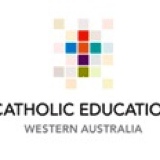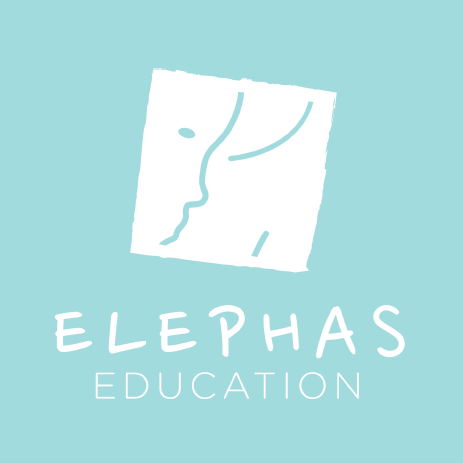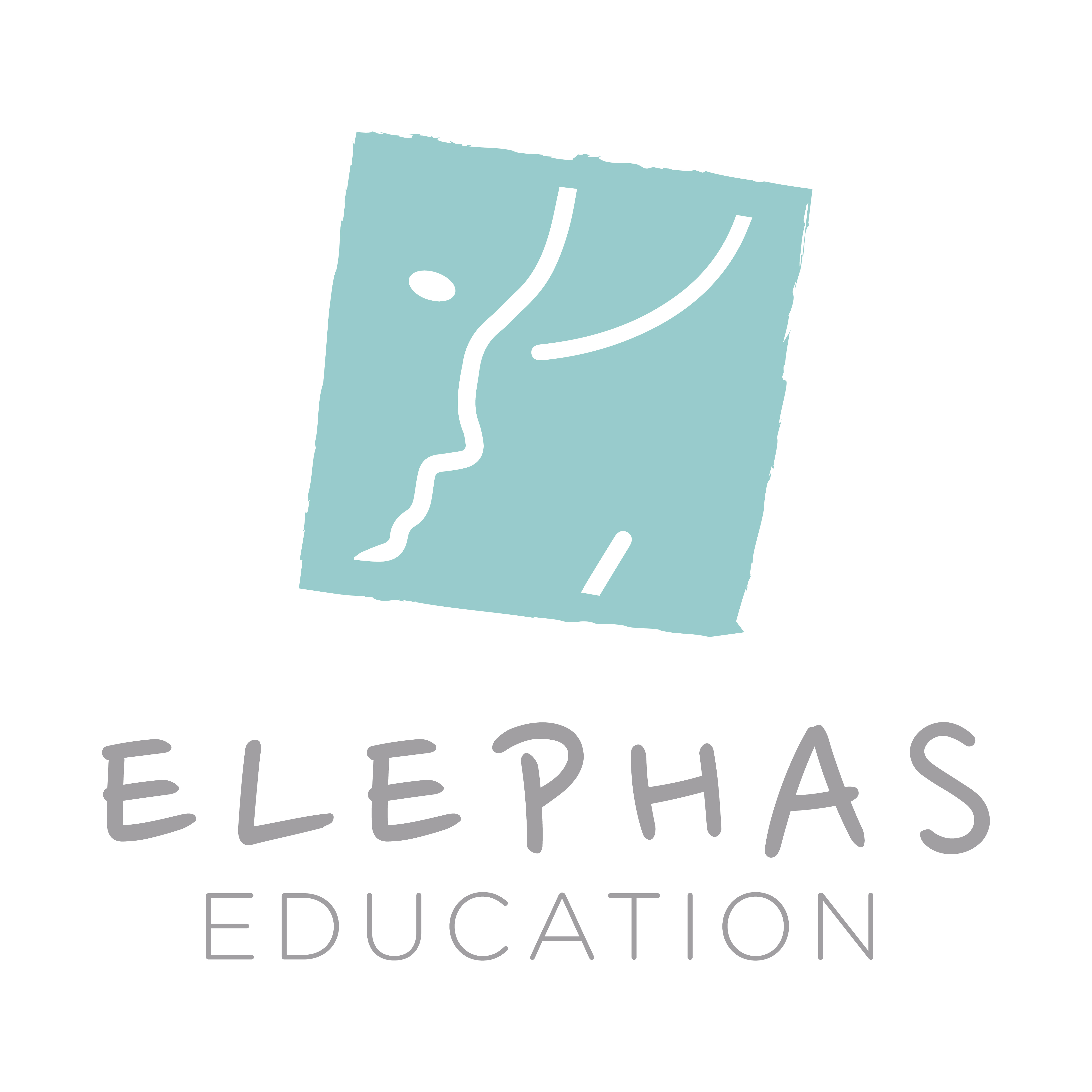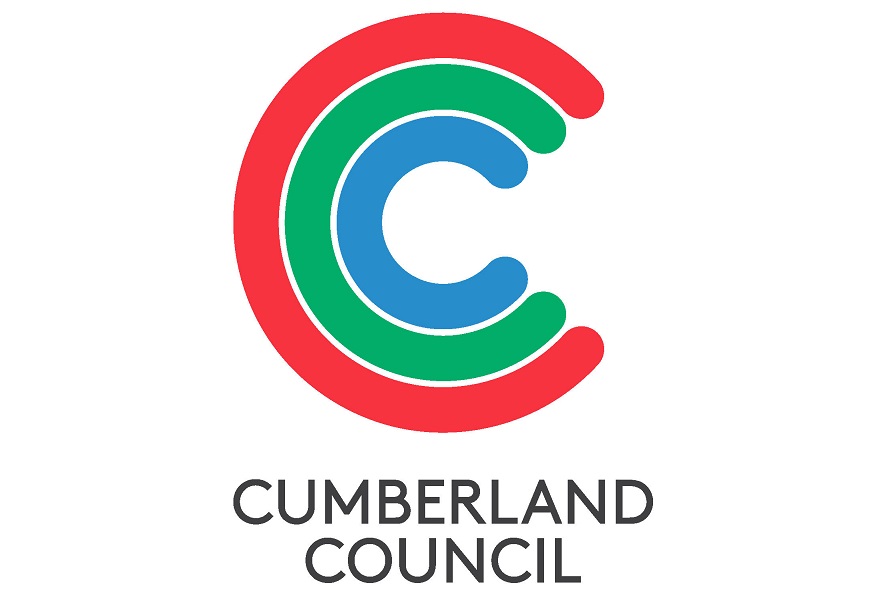Information
-
Document No.
-
Audit Title
-
Client / Site
-
Conducted on
-
Prepared by
-
Location
-
Personnel
1.1.1 Curriculum decision making contributes to each child's learning and development outcomes in relation to their identity, connection with community, well being, confidence as learners and effectivenes as communicators.
-
Are the educators, co-ordinators and children displaying behaviours and engaging in activities consistent with the evidence of outcomes described in the approved learning frameworks?
-
Can you observe children expressing a wide range of emotions, thoughts and views constructively?
-
Can you observe children exploring aspects of identity through role play?
-
Can you observe children expressing opinions in matters that affect them?
-
Can you observe children being empowered to make choices and solve problems to meet their needs?
-
Can you observe children working collaboratively with others?
-
Can you observe children moving around and through their environments confidently and safely?
-
Can you observe children being curious and enthusiastic participants in their learning
-
Can you observe children using play to investigate, imagine and explore ideas?
-
Can you observe educators providing experiences that actively promote or initiate the investigation of ideas, complex concepts and thinking, reasoning and hypothesising by?
-
Can you observe educators talking explicitly about concepts such as rhyme, letters and sounds when sharing texts with children?
-
Can you observe educators engaging children in discussions about symbol systems, such as letters, numbers, time, money and musical notation?
-
Can you observe educators supporting children to contribute constructively to mathematical and scientific discussions and arguments?
-
Can you observe educators using everyday events as a basis for children's learning about nature and science?
-
Can you observe educators supporting children to take on roles that use literacy and numeracy in their play?
-
Can you observe children conveying and constructing messages with purpose and confidence?
-
Can you observe educators and co-ordinators extending children's communication by providing opportunities for children to express ideas and make meaning using a range of media, supporting children to be independent communicators using both their home language and Australian english? Also by providing literacy rich environments that includes home languages and Australian English?<br>
-
Can you observe educators and co-ordinators acknowledging and planning opportunities for children to relax through play and leisure?
-
Can you observe educators and co-ordinators incorporating/including children diverse experiences, perspectives, expectations, knowledge and skills in the program?
-
Can the service co-ordinator explain how the service communicates learning outcomes for children with their families?
-
Can the service co-ordinator explain how the services statement of philosophy guides the pedagogy and teaching techniques?
-
Can the educators in the service explain the strategies used by the service to ensure all children have a sense of belonging in the service including regular and casual attendees?
-
Can the educators in the service explain the strategies applied to ensure that the needs of children attending on a regular basis are reflected in the program planning and delivery?
-
Are written program's and or documentation regarding the assessment of learning that demonstrates how curriculum decision making contributes to each child's learning and development outcomes available to view at the service?
1.1.2 Each child's current knowledge, ideas, culture, abilities and interests are the foundation of the program.
-
Can you observe educators and co-ordinators observing, listening and talking with children for sustained periods of time and paying close attention to what they are saying, thinking and doing?
-
Can you observe educators and co-ordinators demonstrating flexibility in program delivery to incorporate children's ideas, cultures and interests to ensure that experiences are relevant and engaging?
-
Can you observe children initiating and contributing to play experiences that emerge from their own ideas and interests to their satisfaction?
-
Can you observe children repeating, revisiting and adding to projects or experiences that they have initiated?
-
Can you observe children developing strong foundations in the culture and language of their families and in that of the broader community, without compromising their cultural identities?
-
Can you observe children indicating their deep involvement in experiences that are rich and meaningful to them with facial and vocal responses, and sustained concentration?
-
Can you observe children exploring Ideas and theories using imagination, creativity and play, during large blocks of uninterrupted time?
-
Can the educators working within the service explain their current understanding of each individual child's knowledge, ideas, culture and interests, and how their team has developed an understanding of this in relation to each child?
-
Can the educators discuss how the curriculum decision making process used at the service builds on the child's knowledge, ideas, culture, interests, skills and development when activity planning learning experiences?
-
Can you sight evidence of children's family, culture and community that has been collected and is being used to inform the program?<br>
-
Can you sight examples of how educators plan program's that are responsive to children's knowledge, ideas, culture, abilities and interests?
-
Can you sight examples of how educators promote children's well being and learning outcomes in this context?
1.1.3 The program, including routines is organised in ways that maximise opportunities for each child's learning.
-
Can you observe children noticing and predicting patterns of regular routines and the passing of time?
-
Can you observe children using effective routines to help make predicted transitions smoothly?
-
Can you observe children participating collaboratively in everyday routines, events and experiences and having opportunities to contribute to decisions?
-
Can you observe children having opportunities to enhance their learning during routines?
-
Can you observe educators using routines and play experiences to interact with children and to build attachment?
-
Can you observe educators using routines to undertake intentional teaching and seeking opportunities for spontaneous learning?
-
Can you observe the educators minimising the times during which children are expected to do the same thing at the same time?
-
Can you observe children taking responsibility for self help and basic health routines?
-
Can you observe educators collaborating with children about routines and procedures?
-
Can the educators discuss how the service organises its program and routines to maximise opportunities for children's learning?
-
Can the educators discuss the strategies used by the service to involved children in designing the program and organising the routines?
-
Can you sight evidence of policy documentation that outlines the routines used at the service?
1.1.4 The documentation about each child's program and progress is available to families.
-
Can you observe educators exchanging information about the educational program with families?
-
Can you observe educators showing meaningful documentation to families?
-
Can the educators explain how information is made available to families, including how they access it and how meaningful it is to them?
-
Can the educators explain their understanding of the importance of regular communication with families?
-
Can the educators discuss how the arrangements are made to exchange information about the child with their families at mutually convenient times?<br>










